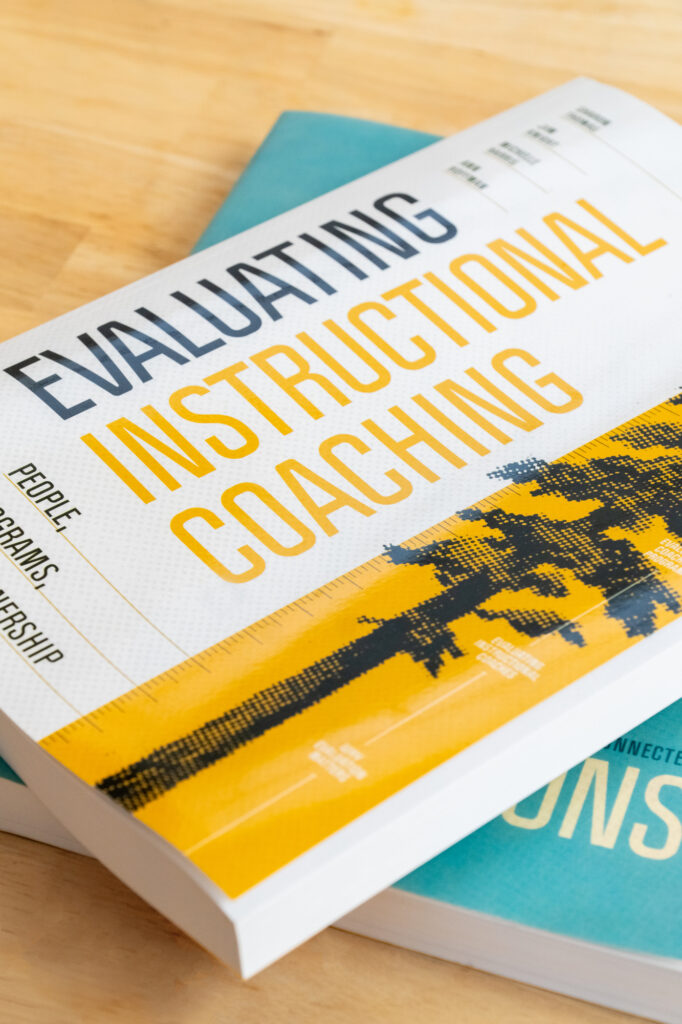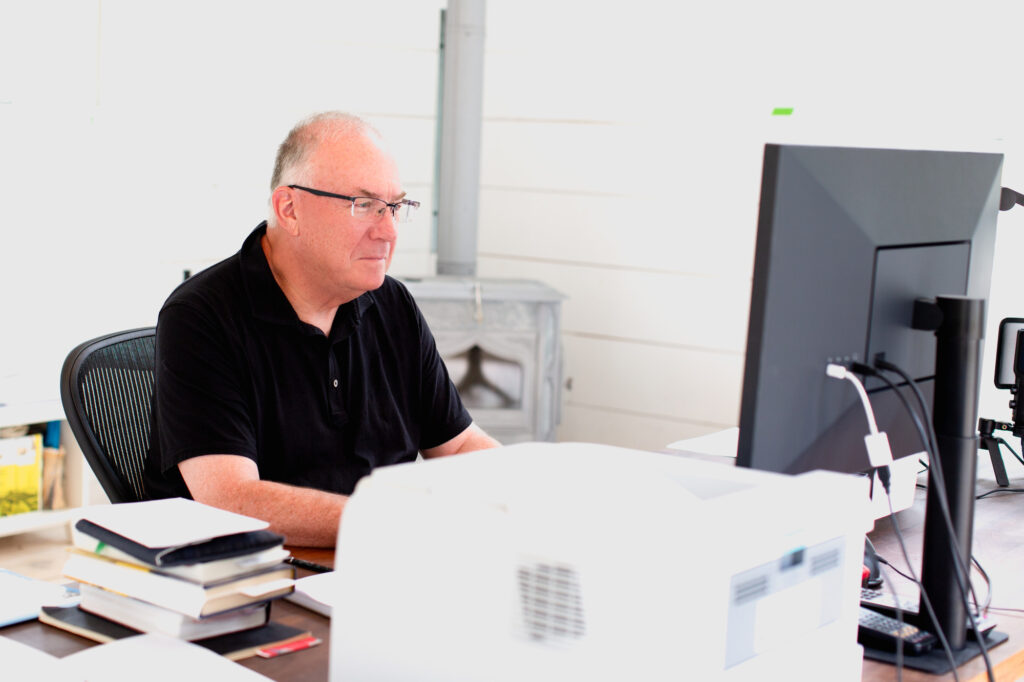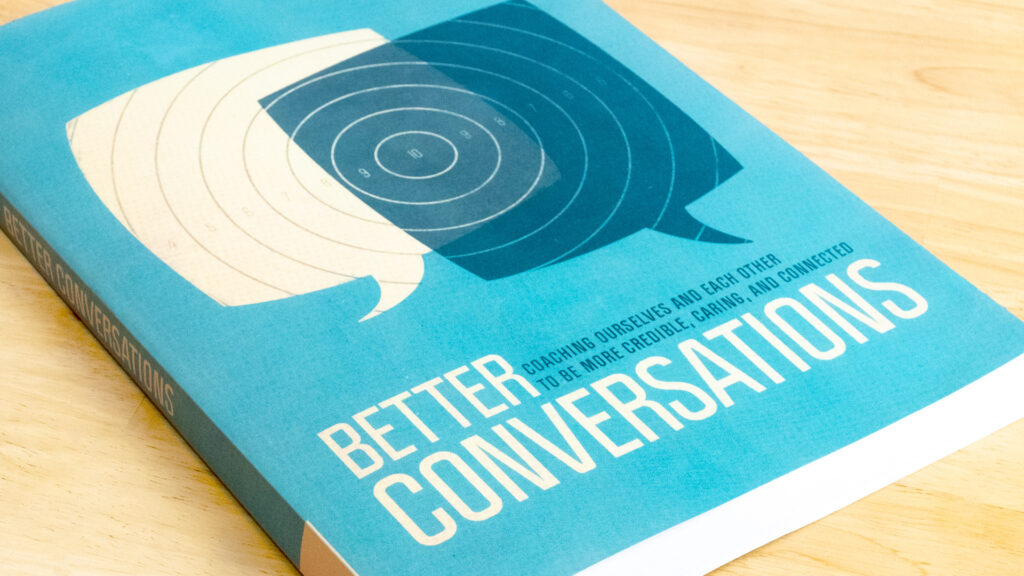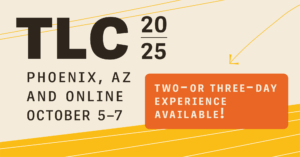My lower back has been bugging me for the last few months. At times, the pain is so intense that I can’t sleep. So, I went to a therapist, and he checked me out and told me exactly what to do. He gave me a list of stretches, and he told me, “do this, and you’ll be all fixed up.” All I had to do was do the stretches and I’d be all better.
Did I do the stretches? [long pause]. No. Well not yet. Am I better? My back is exactly the same; but then, why would it be any better if I haven’t changed a thing?
My guess is that many of us have had the same experience. We know what is best for us, we know what we can do to move ourselves forward, and nevertheless, we hesitate or fail to do it.
Often when it comes to moving forward, we are own worst enemies. The same experience happens with creative endeavors, like writing, painting, or creating a new lesson plan. We know what we need to do, we know what’s best, but we stop just short of doing it. As Steven Pressfield has written,
Most of us have two lives. The life we live, and the unlived life within us. Between the two, stands the Resistance.
Pressfield’s comment comes from an outstanding book about the act of creation, The War of Art. Pressfield also authors an incredibly useful and inspiring blog. In The War of Art, Pressfield, who wrote, among other works, the Legend of Bagger Vance, argues that each of us carries within us a force that, if we let it, will hold us back and keep us from doing the work, the art we are meant to do. Pressfield calls this force the Resistance. For Pressfield, the “war of art” is a battle between the voice inside of us that wants to hold us back, and our own genius, which holds the potential to move us forward:
[The Resistance] is the root of more unhappiness than poverty, disease, and erectile dysfunction. To yield to the Resistance deforms our spirit. It stunts us and makes us less than we are and were born to be. If you believe in God … you must declare resistance evil, for it prevents us from achieving the life God intended when he endowed each of us with our own genius. Genius is a Latin word; the romans used it to denote an inner spirit, holy and inviolable, which watches over us, guiding us to our calling. A writer writes with his genius; an artist paints with hers; everyone who creates operates from this sacramental center. It is the our soul’s seat, the vessel that holds our being-in potential, or star’s beacon and Polaris.
The teacher’s war, I believe, is exactly the same. It is a war between our genius and The Resistance. When our genius wins, we create a new way of engaging students, or linking students’ work to their interests or passions, or refining a lesson that is already good but could be better. When the Resistance wins, we stop short of doing that work. We teach it the way we’ve done it, we let down our students, and we deny ourselves the satisfaction of knowing that we are doing what we are meant to do. The Resistance, Pressfield says, “is the most toxic force on the planet.”
Resistance will tell you anything to keep you from doing your work. It will perjure, fabricate, falsify; seduce, bully, cajole. Resistance is protean. It will assume any form, if that’s what it takes to deceive you. It will reason with you like a lawyer or jam a nine-millimeter in your face like a stickup man. Resistance has no conscience. It will pledge anything to get a deal, then double-cross you as soon as your back is turned. If you take the Resistance at its word, you deserve everything you get. Resistance is always lying and always full of shit.
Seth Godin, who frequently praises Pressfield’s War of Art, has a great name for the Resistance. He calls it “the lizard brain,” and argues the Resistance is a hold over from our evolutionary development. In his book, Linchpin, Godin writes:
Everyone has a little voice inside of their heads that’s angry and afraid. That voice is the resistance–your lizard brain–and it wants you to be average (and safe)… So the two parts duke it out. And when put on alert, the lizard brain wins, every time, unless you’ve established new habits and better patterns that keep the lizard at bay.
To teach should be as creative an act as writing, painting, or composing music. And just like those creative endeavors, teaching creatively is a battle between the Resistance and our truest self.
When we give in to the Resistance, we stop ourselves from being the person we are meant to be. But, when we win, we are creative. When we find a great activity for our students, we are closer to our soul’s seat.
Over the next few posts I’ll write about how to overcome the Resistance.





























